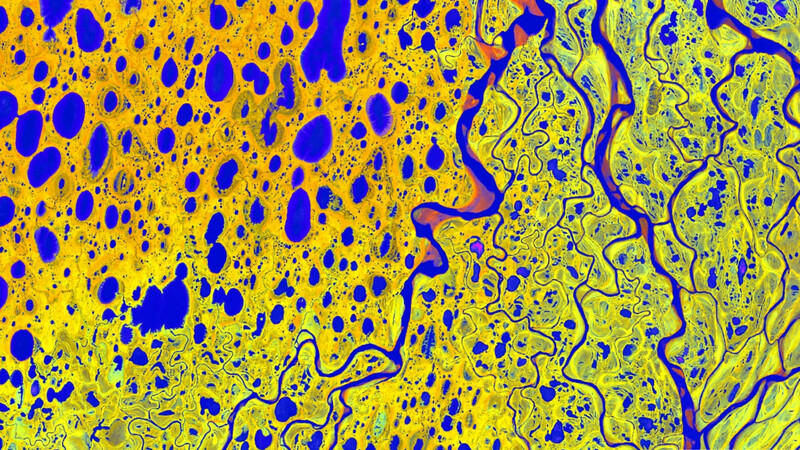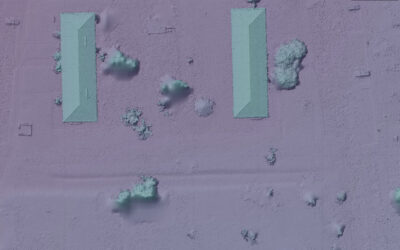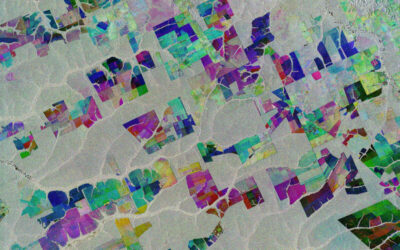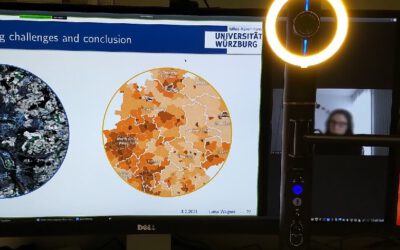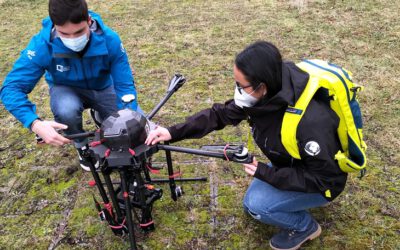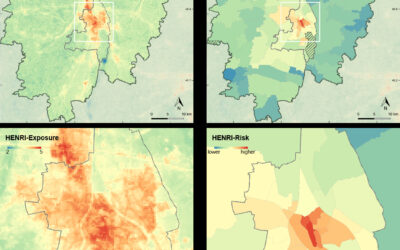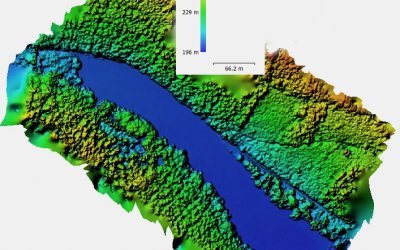Aim
Spectroscopy and hyperspectral remote sensing enables to retrieve very detailed spectral information about a certain surface in dense bandwith intervalls. Information on the “spectral fingerprints” of surfaces is then available in a near-continuous manner. This allows for the differentiation of materials, such different geologic surfaces, different urban materials, or plants of different composition and vigor. Especially field- and laboratory spectroscopy has shown many benefits, as measurements can be carried out in a controlled environment, and can be directly visualized and explained. This course provides you insights into practical experiments using a field spectrometer, and subsequent data analysis to assess key environmental parameters such as plant health, soil moisture content, and geologic composition.
Content
The content of this course includes both the theoretical background of field and imaging spectroscopy, as well as practical experiments and subsequent data analysis. In particular, we will adress: the theoretical background of field and imaging spectroscopy / general reflectance and transmittance properties of plant leaves, canopies and soils / the quantification of biophysical and biochemical properties using spectroscopic measurements, feature parametrization and regression analysis / the advantages and challenges of existing and planned hyperspectral spaceborne sensors
Coding
Software
Techniques
Content
General Course News and Updates
high number of application submitted for 2021
The application deadline for the 2021 EAGLE generation passed yesterday and 230 application were submitted. That are 80 more than last year. Check out who started in the 2020 EAGLE generation here. We are now going through each single one and check for general...
EAGLE 2021 application deadline approaching
the application deadline for our international Earth Observation M.Sc. program EAGLE is slowly approaching. Apply before May 15th to be reviewed and potentially interviewed for a place in the 2021 EAGLE group. Check out our courses, our lecturer and most important...
Internship, inno lab and MSc idea presentations
On Thursday, May 20th, at 2pm the following students will present their internship, inno lab or MSc thesis idea: Christopher Chan:“Patching up old Deep Learning code and working with data center remotely” (Internship with DLR, supervisor Benjamin Leutner) Diego...
inno lab and MSc idea presentation
Next Tuesday, April 27th, at 10am the following EAGLE students will present their Innovation Laboratory work and their MSc thesis idea: Sandro Groth: "PortalAdminTools: A Python-based programming interface for Esri Enterprise infrastructures" (InnoLab with ESRI)Sandro...
internship and MSc idea presentation
on Tuesday April 6th 3pm we will have the folling internship and MSc idea presentations: Joy-Giovanni Matabishi, " MESMA of DESIS data to identify Rooftops in Kigali"- Internship/EKUT Luisa Pflumm, "Comparison of the performance of different accessibility layers for...
internship presentations
On Monday March 1st at 10am the following internships will be presented: Marius Witt, Baby it's cold outside - Interning at DLRs Polar Team, internship at DLR. Jakob Wachter, Potential use cases of a self established database for social media data, internship at...
Great Earth Observation presentations despite distance learning
Despite the online courses we learned and managed to deliver great presentations on remote sensing data analysis in our courses and also improved our virtual presentation skills which might also partially be valuable in future conference or workshop presentations.
Our EAGLE students with UAV and field work jackets
Our EAGLE students preparing our UAVs with thermal, multispectral and Lidar sensors for the upcoming field work season. Also wearing our new field work jackets so that we all are easily recognizable as Earth Observation researchers.
MSc thesis defense by Patrick Sogno
On Monday, 25th of January at 10 a.m., Patrick Sogno will present his M.Sc. thesis "Earth Observation for Exposome Mapping – Proof of Concept and Case Study in Augsburg, Germany". from the abstract: "Non-communicable diseases – NCDs – (asthma, cancer, or diabetes, for...
internship and inno lab presentations
On Wednesday, 27th of February at 2pm we will have the first set of internship and innovation laboratory presentations in 2021: Yan Chak Christopher Chan: Start-up life and Deep Learning (Internship) Nils Karges: Noise and its relation to urban structural types...


